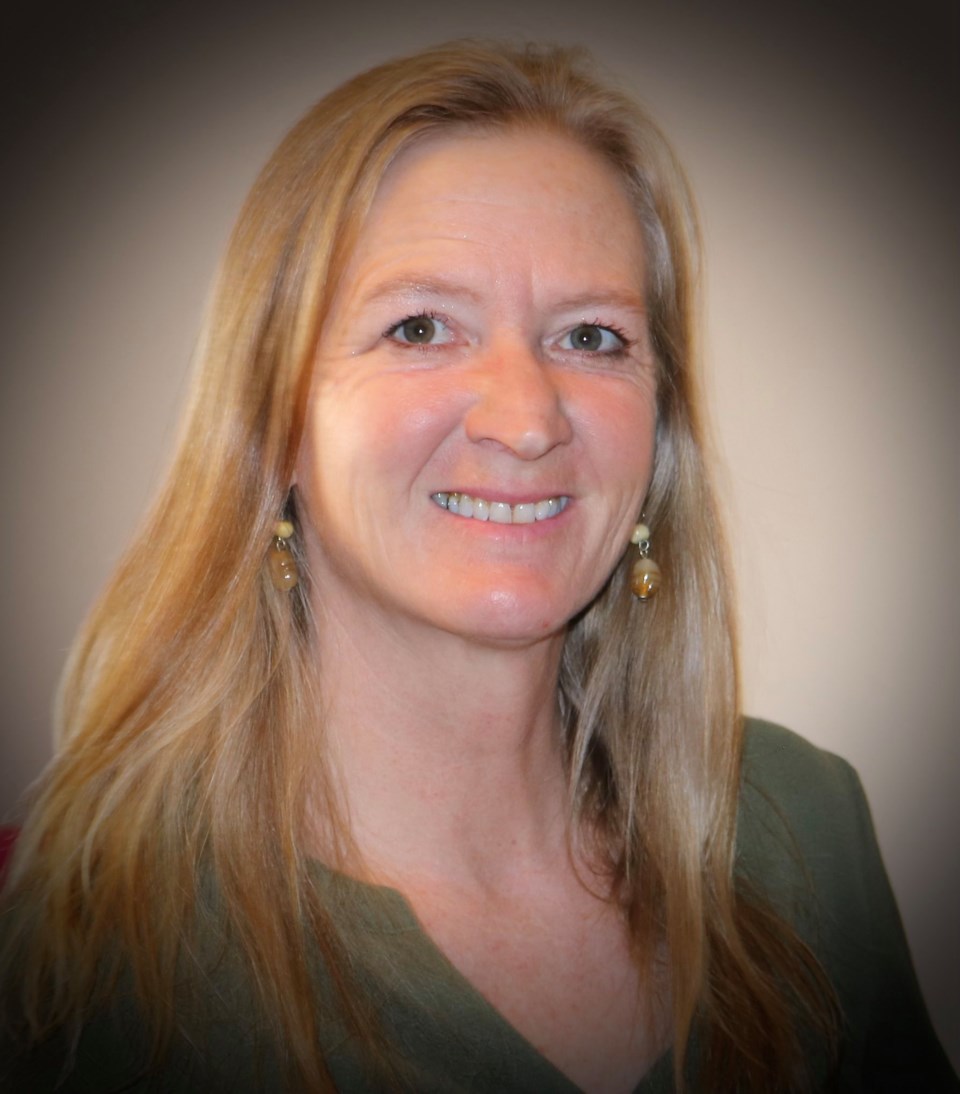“I love working with people. And I like helping people,” said Cammy Cadwell, the newest director of Longmont’s Veterans Community Project, or VCP.
For Cadwell, a military veteran, focusing on serving a greater good has been the common thread throughout her career, which began with service time in the Air Force. As of early June, Cadwell is now the director of veteran support services, a role that allows her to focus on what she does best.
“I just enjoy that connection with people and to see them change their lives for the better,” she said.
The Boulder County native grew accustomed to this line of work after volunteering her time at Homeless Outreach Providing Encouragement, or HOPE — a Longmont-based organization that provides assistance to the general homeless population of Boulder County. However, based on her experience as a veteran herself, Cadwell saw a need to focus on the veteran population in particular, noting that a high rate of those who have served in the military get left behind when returning to civilian life.
After creating a separate branch for veteran assistance at HOPE, Cadwell was recruited to Longmont’s VCP for her expertise with the struggles of veterans.
The VCP of Longmont is an expansion of an organization that began in Kansas City, MO. The program, Veterans Community Project, was kickstarted by a group of combat veterans looking for “assistance for the homeless veterans,” Cadwell explained. “When you take that oath (of enlistment), you take that oath to help your fellow soldiers. They wanted to solve that issue.”
In cities where VCP runs branches, veterans who are at risk of homelessness are given access case managers to find a sustainable way of long-term living. While the VCP fulfills needs in similar ways to organizations like the governmental Department of Veterans Affairs, Cadwell sees a distinct purpose for her organization due to several key differences.
“For the Veterans Administration, you have to serve a minimum of 180 days, and you have to have an honorable discharge,” Cadwell explained. “To help someone (at the VCP), they just have to take the oath, we do not care what the discharge status was. And that fills a huge gap in services that's been missing for veterans.”
For Cadwell, the lower criteria for assistance eligibility is a major strength of the VCP, since it allows her team to offer help in more subtle ways than emergency assistance, which include small aspects of help that many veterans are in dire need of. Services they are provided from may include health and wellness, fiscal skills, education and vocational training.
“We get them connected with someone for budgeting, we offer weekly case management, we get them connected with mental health services and we get them connected for benefits, whether it's through the VA, or if it's through social security, disability insurance,” Cadwell said.
One major success of the organization so far, Cadwell explains, was the creation of a tiny house village in Kansas City, where veterans who are unhoused or lack a stable income are given a small property in the complex that includes an outreach and community center. The facility gives veterans a place to stay for about a year and a half on average, before they are transferred to permanent housing.
“It allows them that time to overcome the barriers that lead to homelessness,” Cadwell said, noting the 93% success rate of veterans who have transferred to permanent housing within that 18 month window.
With the tiny home village in Kansas City now operational, Cadwell, as director of the Longmont VCP branch, has her sights set on bringing similar infrastructure over to Colorado soon. According to Cadwell, the tiny home village in Longmont is set to be a two-fold model of service.
“We're going to have residents with paired case managers at the community center, working with them directly,” Cadwell said. “Then we have our outreach center where we help walk-in services, such as a new veteran coming in and getting the initial intake and assessment done to see if they might be a good fit to be a resident.”
Cadwell hopes the walk-in center will be completed by mid-July, so veterans in the Longmont area can come in for any need they might have, whether it’s to secure emergency assistance funding or simply to receive a food or hygiene kit they might not have access to.
While physical and financial needs are a major focus of the VCP, Cadwell emphasized a focus on mental health services as well. While the VCP does not have in-house mental health professionals, the organization pairs veterans with a variety of programs that they can visit on a recurring basis to address their mental health needs.
“For the majority of folks that have experienced homelessness or the military, there's a lot of trauma,” Cadwell said. “It's good to have someone to talk to. So we connect them with various resources in the community.”
For all the challenges that go into this line of work, Cadwell remains confident that the VCP successfully transforms the lives of many, something that brings her comfort to think about.
“The feeling of getting someone off the street and into their own apartment is one of the most fulfilling things I've ever experienced,” she said.
According to Cadwell, a specific instance in the winter of 2020 solidified this idea to her, where she found a homeless veteran sleeping in a dumpster in Longmont. She and her team were able to rehome the individual into a hotel room before pairing with VCP partner agencies that secured him basic amenities alongside weekly case management.
“He just rolled up in tears,” she said. “And there's something about that, knowing that you just saved someone's life, potentially. It's extremely powerful. It makes it worth all the hard work that we put in.”



